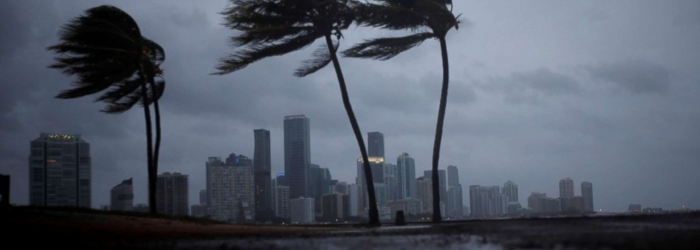Hurricane Irma – Insurance Help

If your home or business was damaged or destroyed by Hurricane Irma, United Policyholders’ Roadmap to Recovery® resources will help guide you in valuing and documenting your loss, understanding insurance rules, settling your insurance claims fairly and finding qualified professional, charitable and government help.
Every type of insurance policy contains a deadline for submitting your proof of your loss and claim. NFIP flood policies usually require a complete proof of loss to be submitted within 60 days of the storm but FEMA extended this deadline for Irma claims.
Check your home and wind policies for special deductibles or coverages related to Hurricane damage. You’ll find lots of information in our library, tips, videos and tools. We’re rooting for your recovery and are here to help.
ONE YEAR ANNIVERSARY ALERT: Before the one year anniversary of Hurricane Irma destruction to your property, do your best to submit detailed proof of the full extent of your losses and how much it will cost to repair/rebuild/replace all items that were impacted. Every home, wind and flood insurance policy has deadlines for submitting proof and filing a lawsuit. Avoid losing any rights due to those deadlines. If you need a deadline extension, use our sample letters to try and get one. If your policy contains a one year lawsuit deadline, your claim has not been resolved to your satisfaction and your insurer will not extend that deadline, consult with a qualified attorney ASAP. If you have an open claim under a National Flood Insurance Program policy, please read: https://www.propertyinsurancecoveragelaw.com/2018/08/articles/insurance/hurricane-irma-nfip-proof-of-loss-deadline-is-quickly-approaching/
Key Tips
- Take photos of the damage before any clean-up or repairs are done.
- Keep a diary of conversations with insurance, repair, government and other professionals.
- Focus on drying/cleaning out, avoiding further damage, while getting all damage inspected, measured and estimated by qualified, reputable and independent experts.
- Flood insurance policies have different rules than home insurance policies.
- Start working on a detailed and itemized “proof of loss” form but don’t rush and leave things out.
- Give your home and/or flood insurer a chance to do the right thing, but advocate for yourself and be prepared to get help if you’re not being treated fairly. Sources of help include professional claim advocates and attorneys, FEMA, and your state’s Department of Insurance. You may have damage covered by both your homeowners and flood policies. Please visit our State-by-State library for additional resources.
- If a home or flood insurance adjuster says damage isn’t covered, but you feel it should be, get an independent professional opinion before giving up on getting some or all of your claim paid.
Additional Self-Help Resources Include:
